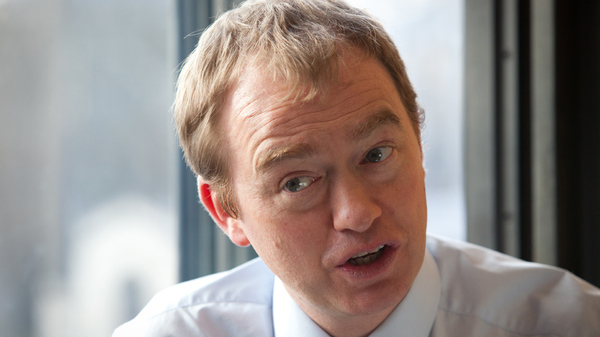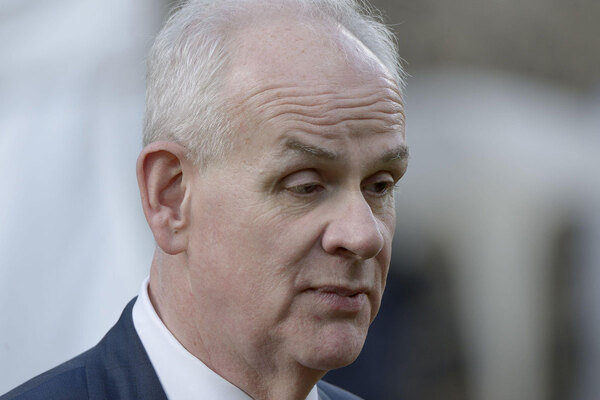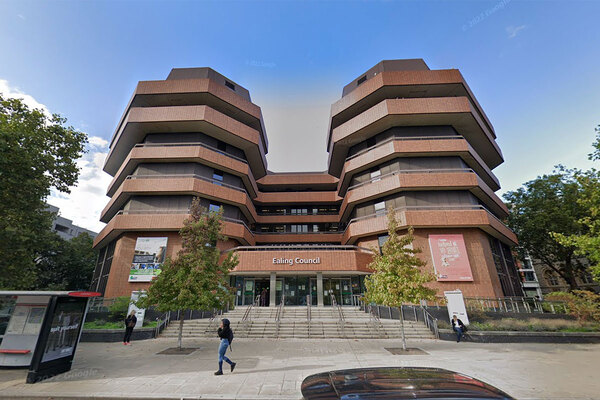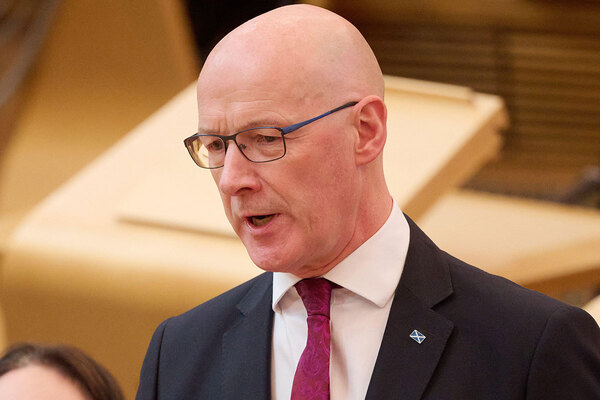You are viewing 1 of your 1 free articles
Corbyn's early tests
Jeremy Corbyn has placed a heavy focus on housing since gaining the leadership of the Labour Party earlier this month. Martin Hilditch examines his policies, their likely popularity and the key early tests he is likely to face in this area
New house building
Policy: “Evidence suggests that we need to be building at least 240,000 homes per year. We should be meeting and building in excess of that target, with at least half comprising council homes.” The new council homes would be funded by lifting council housing revenue account borrowing caps and potentially by setting up a National Investment Bank.
Key early test: Is it just a coincidence that just a week after Mr Corbyn’s election, the Conservative housing minister Brandon Lewis stated that the government’s housing policies could be judged a success if they built a million homes over the course of this parliament? This figure would work out at 200,000 homes a year. Given this still falls short of Mr Corbyn’s stated 240,000 annual target, he can still accuse the government of lacking in ambition (although the eye-catching nature of the one million home figure means this is unlikely to gain him much traction). Mr Corbyn must decide whether to give a qualified welcome to the Conservative figure. Given there is about as much chance of half of these homes being built by councils as a hamburger becoming sentient, he is likely to attack the government’s approach on the grounds of affordability and meeting social need.
What the pollsters think: Despite localised opposition, large-scale house building pledges are likely to be popular with the public. Ipsos Mori polling from earlier this year suggests that three-quarters of the population think there is a house building crisis in Britain. A Populus poll for Shelter last year suggested Mr Corbyn’s idea of large-scale council house building will be popular too. In its poll, 63% of people suggested they would support a new generation of council homes (with a Right to Buy), with just 11% opposed to this.
Extension of Right to Buy to housing associations:
Corbyn position: “Instead of extending the right to buy, we should be reducing the harm it causes to our affordable housing stock. Local authorities in areas of high housing stress should be given the power to suspend Right to Buy in order to protect depleting social housing assets.
“It is essential we make sure receipts from Right to Buy remain in a local area.”
Key early test:
Almost immediate. As Inside Housing reported last month, housing associations were hoping a deal might be reached with government that would see them sign up to adopting the right to buy on a voluntary basis rather than it being forced through with legislation. At the time of going to press, more detail on the policy was expected imminently.
If housing associations sign up to a deal on a voluntary basis, Mr Corbyn must indicate whether he supports this compromise. If receipts aren’t ringfenced to local areas he is likely to oppose the scheme – possibly leading to an unlikely partnership with London mayor Boris Johnson, who has also been arguing for ringfencing.
What the pollsters think: Despite the Conservative Party’s judgement that extending the right to buy to housing associations would be a vote-winner (and it certainly didn’t do the party any harm), this appears to be a policy where Mr Corbyn better reflects the wider public mood. According to a YouGov/Times survey published earlier this year, 66% of the public either thought the extension of Right to Buy was a bad idea or were unsure how they felt about it. Still, the policy continues to attract significant support, with a third of the public backing it in the YouGov poll.
Social security:
Corbyn position: “The bedroom tax and benefit cap should be scrapped.
“It is clear the best way to bring down the benefits bill is through growth.
Key early test: This will be a huge test of Mr Corbyn’s leadership in its early days. Unlike the previous Labour opposition, which broadly supported the direction of travel in welfare reform (the bedroom tax excepted), Mr Corbyn is looking to change the terms of the debate. Largely, his success will be measured by the extent to which stories about the impact of reforms are given prominence in the national media and the extent to which the government feels it needs to address concerns as a result.
What the pollsters think:
Opposing the bedroom tax is unlikely to cause Mr Corbyn political harm. A ComRes poll for the National Housing Federation in late 2013 suggested 59% of people think the government should abandon the policy.
There is some suggestion that his position on the benefit cap may also have wider public support. An opinion poll by Populus for the Financial Times in April suggested that 27% of people think that working age benefits should be cut. But this was dwarfed by the 59% (including 50% of Conservative voters) who thought they should be kept at the current level and 14% who thought they should be increased.
Rent levels:
Rents “should be capped. By capping rent levels, we will also save on housing benefit costs”.
Key early test:
Capping rent levels chimes (broadly) with government policy in the social sector but it is opposed to this in the private sector. Focus will turn to social sector rents next month as the full impact of the government’s proposal to reduce rents by 1% a year for the next four years becomes apparent. Mr Corbyn has already raised concerns about this issue at Prime Minister’s Question Time, but it appears unlikely that the party will oppose it. It is important Mr Corbyn clarifies his message here if he is to gain any traction.
His success in terms of private rent levels will be decided by the extent the government feels pressurised to address the issue due to national coverage. Next year’s London mayoral election is likely to raise the profile of private rent levels.
What the pollsters think:
Mr Corbyn appears to be tapping into national concern over rent levels and many people support some form of rent control. A YouGov survey in April this year found that 60% of people thought the government should introduce rent controls – this included 42% of Tory voters and 80% of Labour voters. Just 25% were opposed to this.
Other key Corbyn housing policies:
- Opposes charging higher earning social tenants higher rents
- Opposes government’s affordable rent policy, saying “no longer should affordable mean near-market levels under the doublespeak the government has promoted”.
- Opposes the forced sale of high-value council homes
- Committed to increasing the proportion of the population in home ownership, but by a huge house building programme that lowers house prices rather than direct subsidies.










